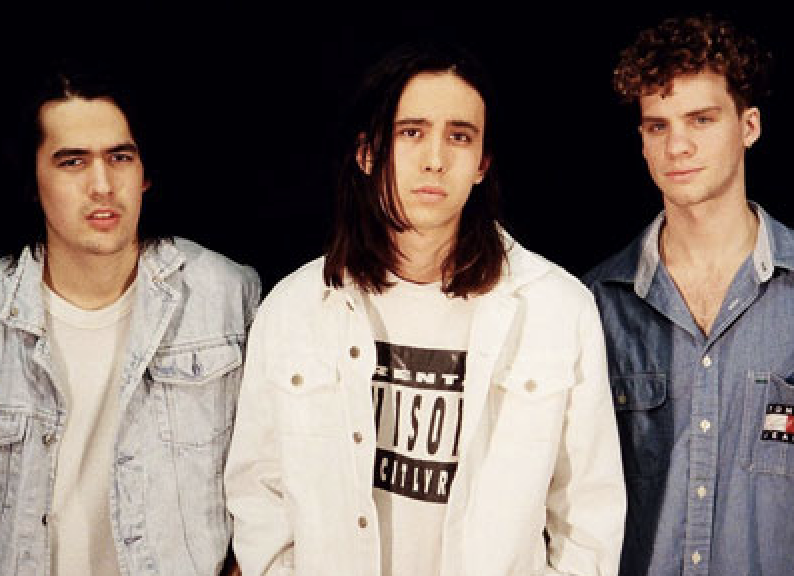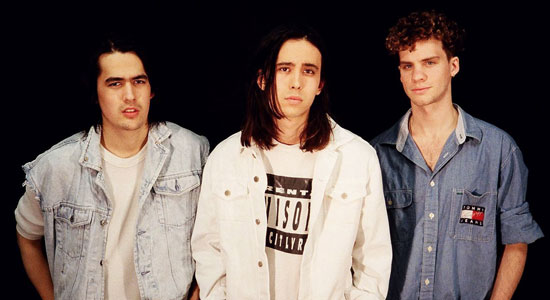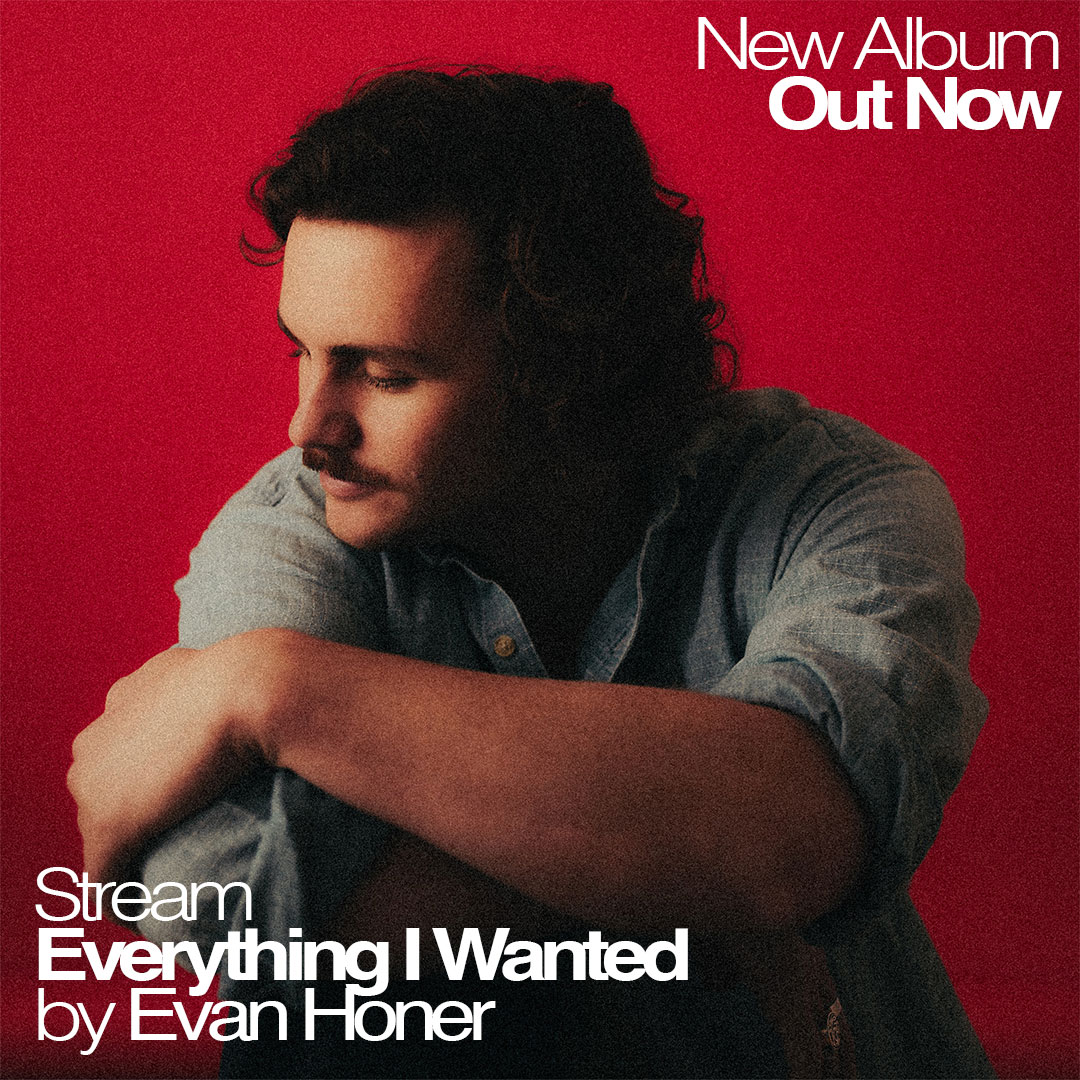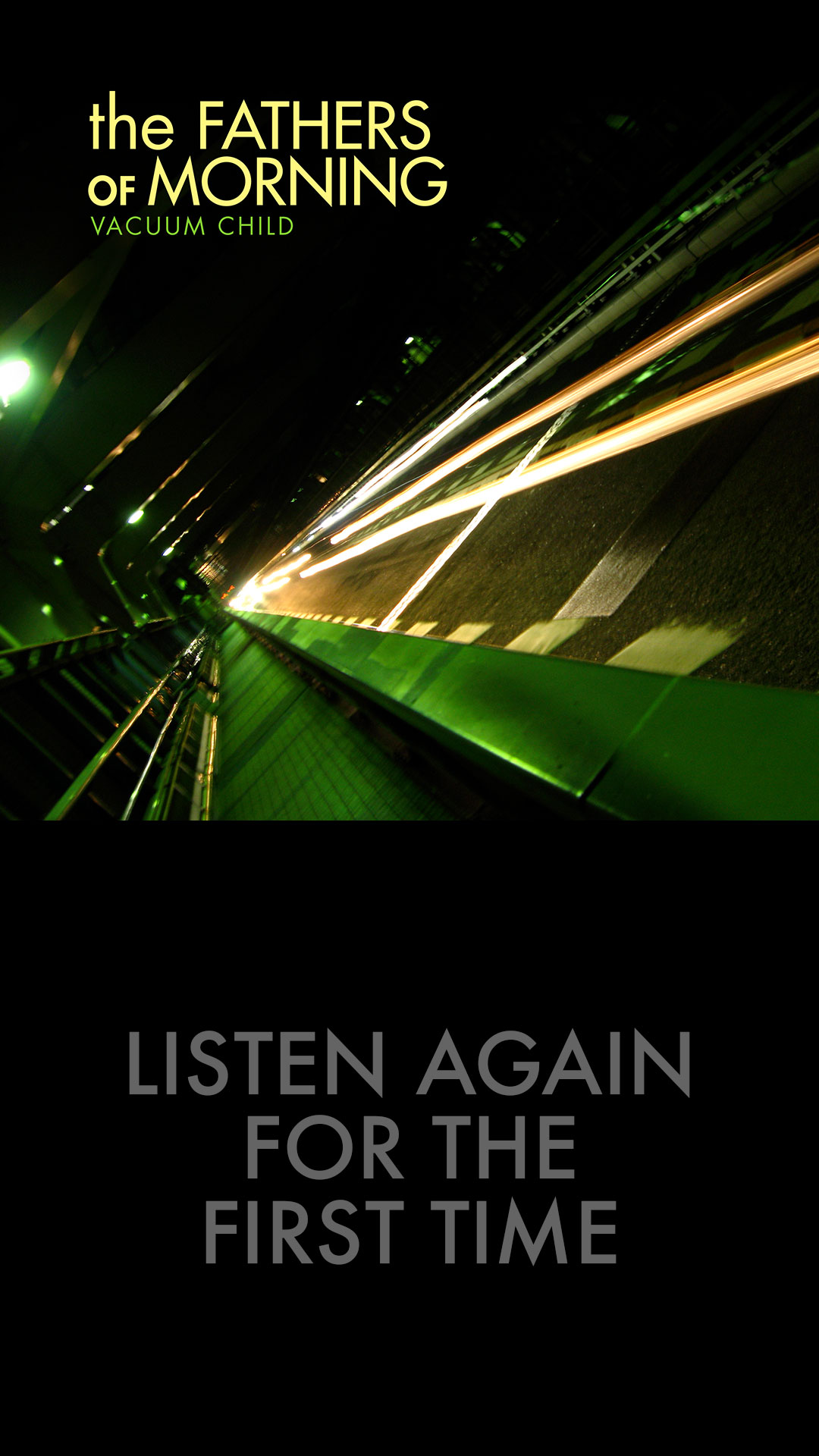Smith Westerns chill out on album number three; just don’t ever say they’ve matured
At first, Smith Westerns seemed easy to peg: Chicago prep-school teens play garage rock with a glam-rock slant. Their debut arrived in 2009 on the HoZac label, the offshoot of punk zine Horizontal Action, and the boys got a rep for raucous live shows. With 2011’s excellent Dye It Blonde, the group—singer/guitarist Cullen Omori, bass-playing brother Cameron and lead guitarist Max Kakacek (and a rotating cast of drummers)—began to step away from the garage-rock template. Smith Westerns smoothed some edges, upped the use of synths and the quality of the musicianship, and created catchy tunes like “Weekend” and “Imagine, Pt. 3,” songs that shared the immediacy of their debut, but broadened the stylistic scope. But once you’re pegged, you’re pegged, and Smith Westerns still got called a garage-rock band.
That should change with Soft Will (Mom + Pop), the band’s third album. Its sunny disposition favors mid-tempo tunes and gentle singing, and it’s loaded with breezy melodies, drenched in reverb and laced with echoes of several eras of Britpop. They sound familiar, in the way classic, well-crafted songs do, but they’re not easy to place. They’re wonderfully catchy, although they assiduously avoid rocking right out of the gate like the signature songs of their past.
It wasn’t plotted that way, but according to Kakacek, the long tour for Dye It Blonde catalyzed a shift in direction for the band. It toured solidly for 18 months, and the members’ listening habits in the van shifted, as did their desire to change the template for their songs. In one way, the story of Smith Westerns’ growth is the story of the music they played in the van.
“You get sick of certain music that you listen to all day,” says Kakacek. “We’ve been very lucky that our interests have stayed the same as they’ve changed, between the three of us. We all still usually agree on most music, even though our tastes have changed from faster punkier stuff to more mellow, melodic things.”
When they were young, they listened to a lot of what Kakacek calls “super-fast, rowdy garage/punk stuff.” When they tired of that, they turned to glam rock and stadium rock, and their first album owed as much to T.Rex as the Seeds or other Nuggets-era bands. But by the end of the Dye It Blonde tour, they were listening to “more flat-out pop songs rather than immediate, fast, short things.” That meant a lot of music from the ’80s, like the Cure and OMD, “things that take an orchestral backing to pop songs,” he says, and tracks that build with more patience. While nothing on Soft Will overtly mirrors either of those bands, the interplay of synths and guitars and the lushness of the arrangements can sound like an outgrowth of them. But that influence was more subliminal than conscious. When they got home to Chicago after touring, they weren’t immediately sure what direction the new album would take.
“When we were first starting, there was a certain sense of … panic is definitely not the right word, but there was a sense of getting back and it being writing time after being on the road for a year and a half, and playing and playing and playing all the time,” says Kakacek. “We had to sit down and figure out what kind of record we wanted to make.”
Kakacek and Cullen Omori are Smith Westerns’ primary songwriters. They work separately to come up with initial song ideas—chord progressions, a verse or a chorus—and then collaborate to hash out basic song structures. After that, Cullen creates the vocals and lyrics, and Kakacek does the arranging for the guitars and keyboards. The first song they wrote for the album—its eventual opening track—was “3 A.M. Spiritual,” which begins with some gentle synth chords and a solitary guitar strum, and Cullen softly crooning, “It’s easier to think you’re dumb, like you were/It’s easier to think you are no fun.” After nearly a minute, the song kicks into gear, although not a high one; it’s a song that shimmers rather than burns, and it’s all the more indelible for it.
“We’d just gotten back from tour, and I think we wrote it that way because we needed a break from the immediate,” says Kakacek. “We’d been playing all the same songs on tour. ‘Imagine,’ ‘Weekend’—all the songs start right off, in a way. So, when we got back, we settled down and we wanted to make a song that built up slower, compared to the other songs. For us, it was refreshing in a way, to hold off on everything and be patient with the songs.”
By the time they were ready to record, they had most of the album fully written. They reunited with Chris Coady, who produced Dye It Blonde, and they decamped to Sonic Ranch outside of El Paso, Texas, the same studio complex that the Yeah Yeah Yeahs used for Mosquito. (YYY drummer Brian Chase had cameo’d on Dye It Blonde.)
To make Soft Will sound more lush than previous records, they cloaked the vocals and guitars in more reverb, and gave a more prominent role to the keyboards.
“We had a pile of pedals in the corner, usually like 30 or 40,” says Kakacek. “A lot of the ones we ended up using were subtle reverbs and delays that make things fade into the background and make things lush, but aren’t really a hard effect. Most of the time they weren’t in reference to anything, but from the music we were listening to, we kind of picked up on that.”
“Idol,” for instance, layers guitars with delays, and there are hints of New Order and Ride to them, but they’re combined in such a way that diminishes any sense of nostalgia. It’s not imitation, nor is it pastiche: Smith Westerns haven’t gone dream-pop, but they have incorporated some of its elements, as well as other elements that drew on ’80s pop and new wave.
“Especially with guitar and synths, I was trying to split the difference between the two as lead instruments,” says Kakacek. “Whereas on Dye It Blonde the synths stayed in the background and the guitar was always way louder, on this one they play off one another a little more. The vocals we mixed louder than usual, which is another pop influence that crept in there. And in general, the songs are longer; now they probably average around four minutes. I think we got more interested in how a song progresses, and in adding little things randomly in songs that kind of catch you and never come back again.”
“Foolproof,” the album’s centerpiece, contains all those elements, and it’s the song that helped defined the album for Kakacek. Over the course of its four-and-a-half minutes, it rides a jangly strum and a killer, easygoing melody while seamlessly shifting the focus among trebly eighth-note keyboards, tumbling drums, moments of keening guitars and a brief guitar solo.
The album came into focus when they first listened to the song playback in the studio. According to Kakacek, “I remember all of us sitting back and thinking, ‘We’re almost there. We’re making music that we’d actually listen to.’ It sounds weird, but at the same time, when you realize that you really, really like the music you’re making, it’s a pretty exciting thing. You can hear it as if it’s a band that’s not your own, and you can really like it. It seems kind of silly in a way, like it should go without saying.”
Kakacek rejects the suggestion that Soft Will is a more mature album than the previous two, but as the band’s listening habits have grown, so has its music.
“I don’t really want to call it growing up,” he says. “I think the thing we want to keep about the band is that it stays new to us in some way. We’re always trying to find some new genre of music to incorporate.”
Makes you wonder what the group will be playing in the van when it’s out on the road for Soft Will.
—Steve Klinge















